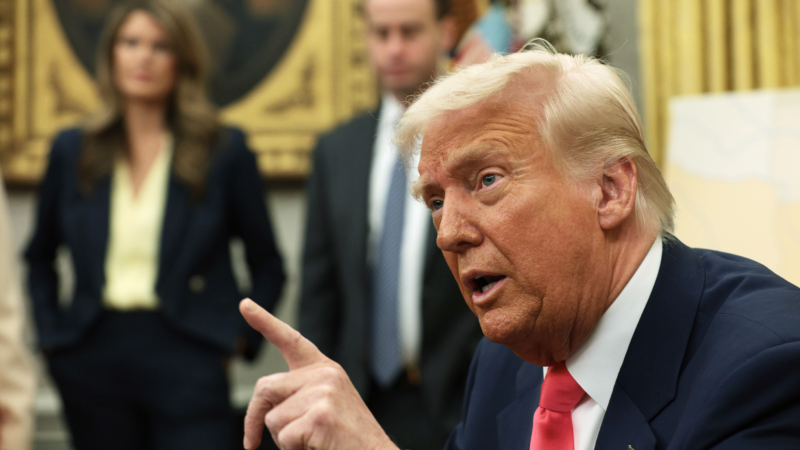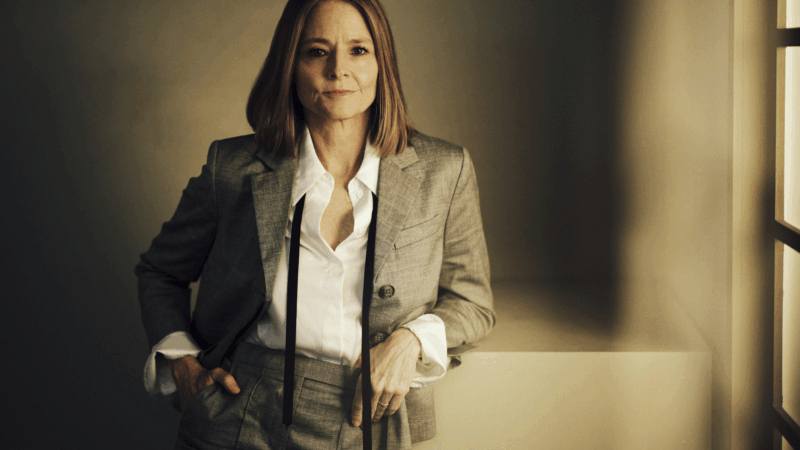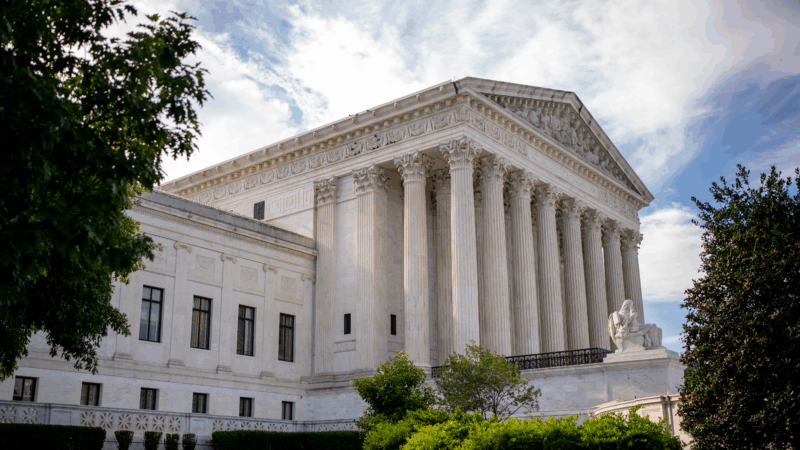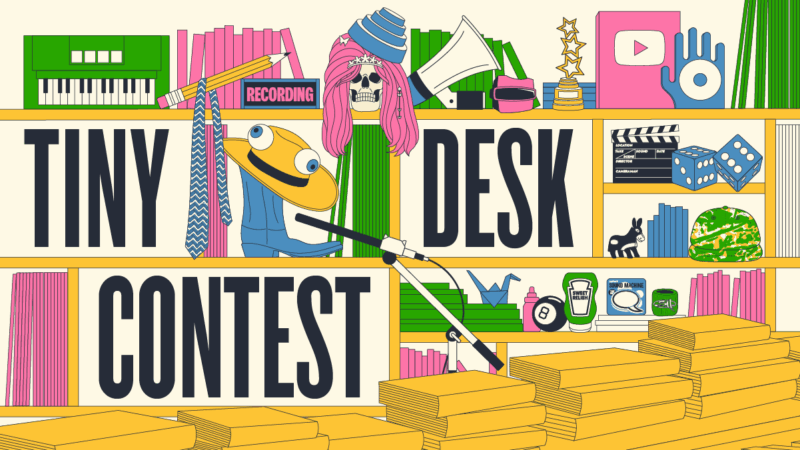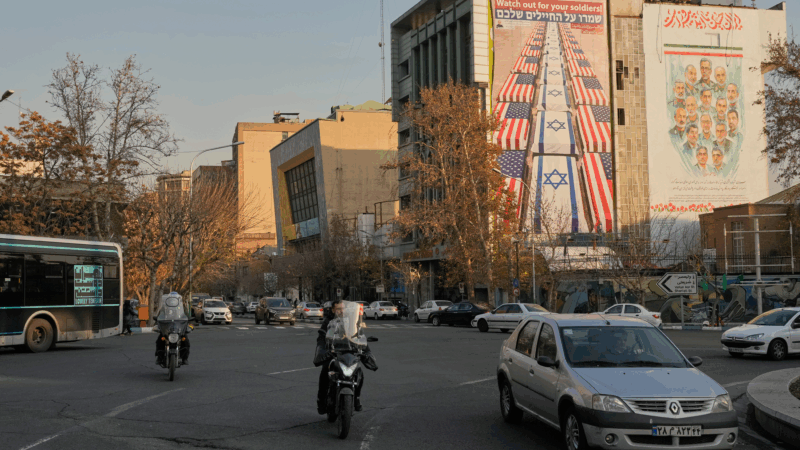As Trump downplays economic fears, this data show people feel differently
One thing is certain: the past few weeks have been anything but that. There’s been confusion over the fluctuating trade tariffs with Canada and Mexico, cuts to the federal workforce and the looming threat of a government shutdown.
That’s not to mention Monday’s stock market plunge, which saw the Dow Jones Industrial Average drop about 2% — more than erasing the gains since President Trump’s inauguration. The Nasdaq lost 4%.
When economists search for signals that a recession may be approaching, they usually focus on factors like growth, unemployment, and inflation. However, they also closely monitor consumer confidence and business sentiment — two critical indicators of the broader atmosphere of uncertainty. Since the start of Trump’s second term, there has been a whirlwind of policy changes that many economists say has fueled this uncertainty.
“If you have uncertainty about what policy is going to look like… that is going to cause you to not make big, important decisions,” says Gerald Cohen, chief economist at Kenan Institute of Private Enterprise at the University of North Carolina. “If we’re already in an environment that doesn’t look good, that uncertainty could tip us into a recession.”
Here is what the data are showing
The Economic Policy Uncertainty Index provides a snapshot of this sentiment. It relies on news articles, tax data, and insights from the Federal Reserve Bank of Philadelphia’s Survey of Professional Forecasters to produce a metric that gauges uncertainty at the intersection of economics and politics.
Currently, the index stands at its highest level since the pandemic.
One of the co-creators of this index is Scott Baker, an associate professor at the Kellogg School of Management at Northwestern University.
“Periods of high political uncertainty and negative economic growth are correlated,” Baker says. What we’re seeing now, and what is reflected in the uncertainty index, is “a very coordinated, huge spike in political uncertainty,” he says.
Likewise, the University of Michigan’s index of consumer sentiment has also taken a hit due to tariffs and inflation. In February, it fell nearly 16% compared to a year ago.
“What we’re seeing right now is that consumers over the last two months… have been feeling less and less positive about the economy,” says Joanne Hsu, director of the University of Michigan’s Surveys of Consumers.
In its latest survey of small business optimism, the National Federation of Independent Business on Tuesday said its index had fallen by 2.1 points in February to 100.7. That’s down 4.4 points from its peak in December, though still above its 51-year average of 98. The NFIB said its uncertainty index also rose 4 points to 104, the second highest reading.
Emily Gee, an economist and senior vice president for Inclusive Growth at the left-leaning Center for American Progress, suggests that the Trump administration’s erratic policy initiatives have created a level of uncertainty that is “more than just vibes.”
“It’s damaging for the functionality of essential public agencies, but also for a lot of private sector employees and businesses too,” Gee says.
Trump downplays concerns
A recession is generally defined by economists as a period of economic contraction indicated by two consecutive quarters of negative growth. In the fourth quarter of 2024, the U.S. real GDP grew at an annual rate of 2.3%. But at the end of February, the Atlanta Federal Reserve Bank’s GDPNow forecast for the first quarter of 2025 dropped to -2.4%.
Trump has downplayed concerns that his seemingly indecisive policy pronouncements may contribute to uneasiness among consumers and businesses. When asked in a recent Fox Business interview about the Atlanta Fed’s warning of an impending economic contraction, he sidestepped the question, saying, “I hate to predict things like that.” Responding to a question about whether CEOs could expect any clarity on tariffs, he said: “Well, I think so. But you know the tariffs could go up as time goes by. And they may go up. You know, I don’t know if it’s predictability.”
Last week, Kevin Hassett, the newly appointed director of the National Economic Council, spoke to reporters and defended the White House’s tariff policy.
“If we reduce inflation at the aggregate level by cutting $2 trillion in annual deficit spending, that will have a much greater impact on grocery prices than a tariff here or there,” Hassett explained.
Nick Iacovella, executive vice president of the Coalition for a Prosperous America, which has supported Trump’s tariff policy, explains: “What companies really want is a stable and clear trade and industrial policy—one that sets out goals to boost the country’s industrial capacity.”
He adds, “Domestic manufacturers are very clear that the president is committed to enforcing broad tariffs and delivering on his trade and tariff agenda.”
Ultimately, the final judgment on the president’s policy will be determined by everyday Americans voting with their cash — whether they continue purchasing cars, furniture, and electronics, according to Hsu.
“Consumer spending makes up 70% of GDP,” Hsu notes. “If consumers cut back on spending due to a significant drop in consumer sentiment, that would make it much harder to avoid a recession.”
Consumers, however, could just as easily regain their confidence, Baker says.
“Despite a lot of uncertainty, there is scope for consumers to remain fairly resilient.”
‘My role was making movies that mattered,’ says Jodie Foster, as ‘Taxi Driver’ turns 50
Foster was just 12 years old when she starred in the 1976 film. "What luck to have been part of that, our golden age of cinema in the '70s," she says. Her latest film is Vie Privée (A Private Life).
Supreme Court appears likely to uphold state bans on transgender athletes
To date, 27 states have enacted laws barring transgender participation in sports.
Keep an eye out for these new books from big names in January
The new year begins with a host of promising titles from George Saunders, Julian Barnes, Jennette McCurdy, Karl Ove Knausgaard and more. Here's a look ahead at what's publishing this month.
Want to play a Tiny Desk concert? The 2026 Contest is now open for entries
The 2026 Tiny Desk Contest, our annual search for the next great undiscovered artist, is now officially open for entries.
Scott Adams, the controversial cartoonist behind ‘Dilbert,’ dies at 68
Adams announced in May that he was dying of metastatic prostate cancer. Thousands of newspapers carried his strip satirizing office culture from the '90s until a controversy in 2023.
As Iran’s protests continue, Israelis and Palestinians watch closely
There is broad support for the protests among Israeli officials, but Palestinians say they hope the Iranian regime stays in place and the protests die down soon.

